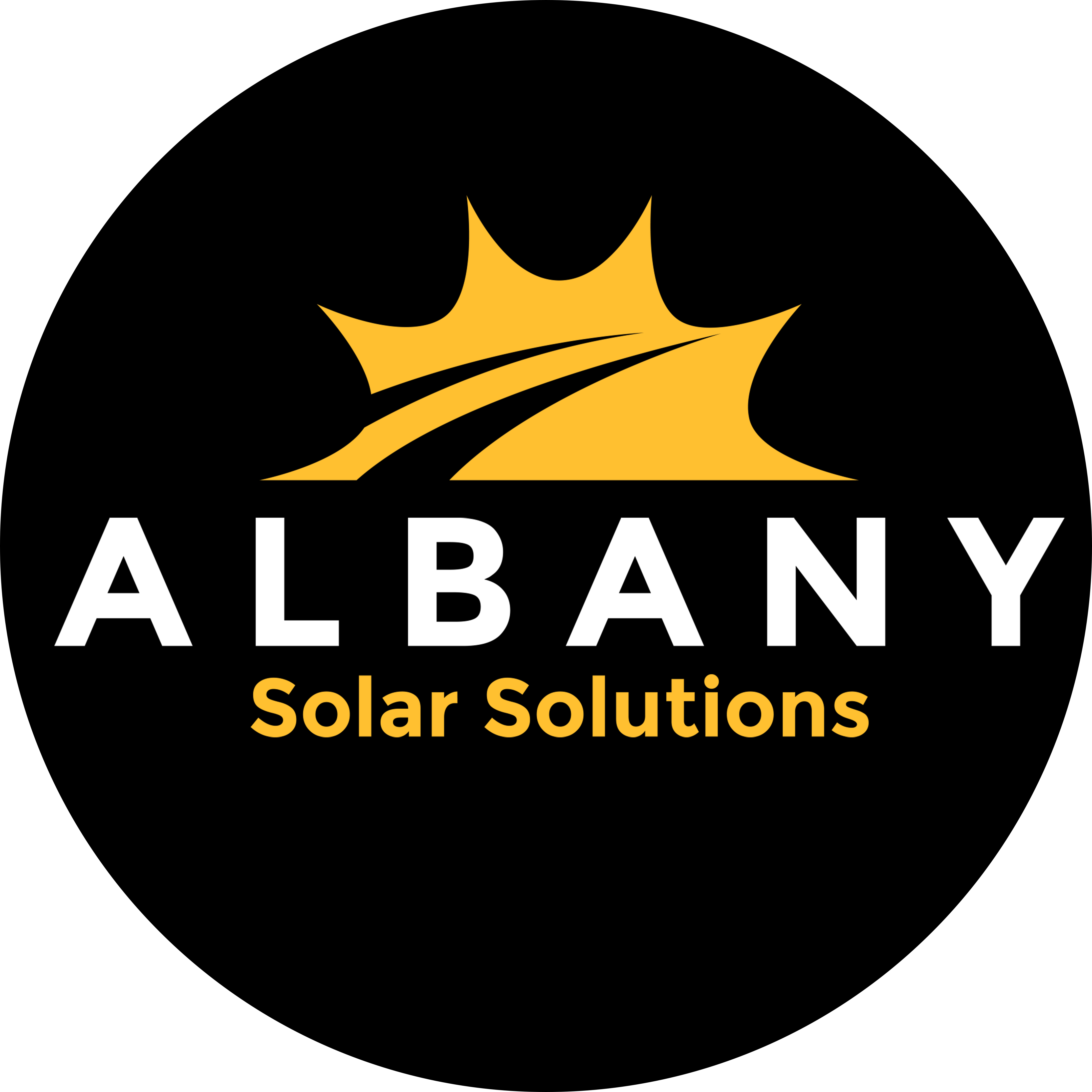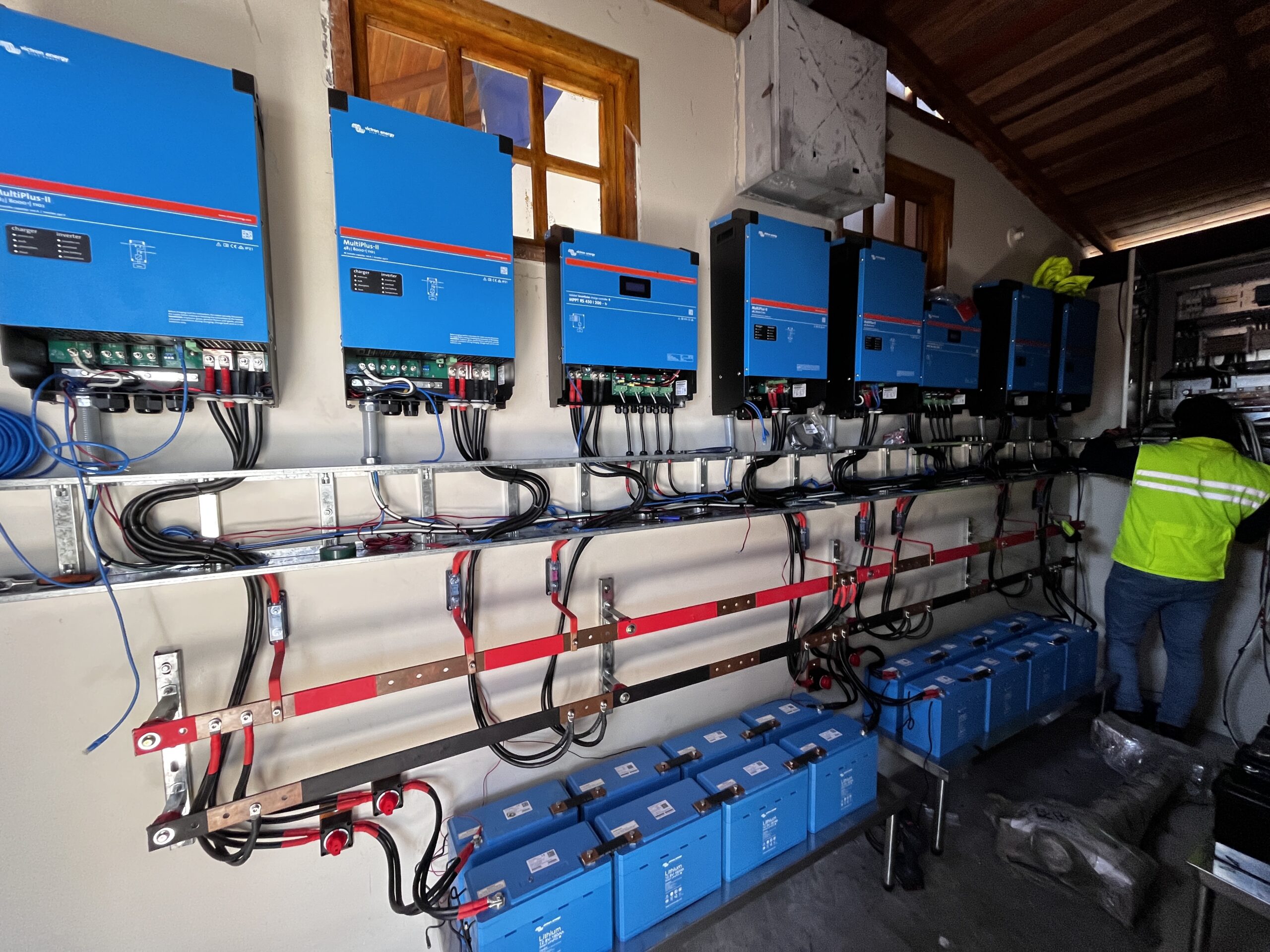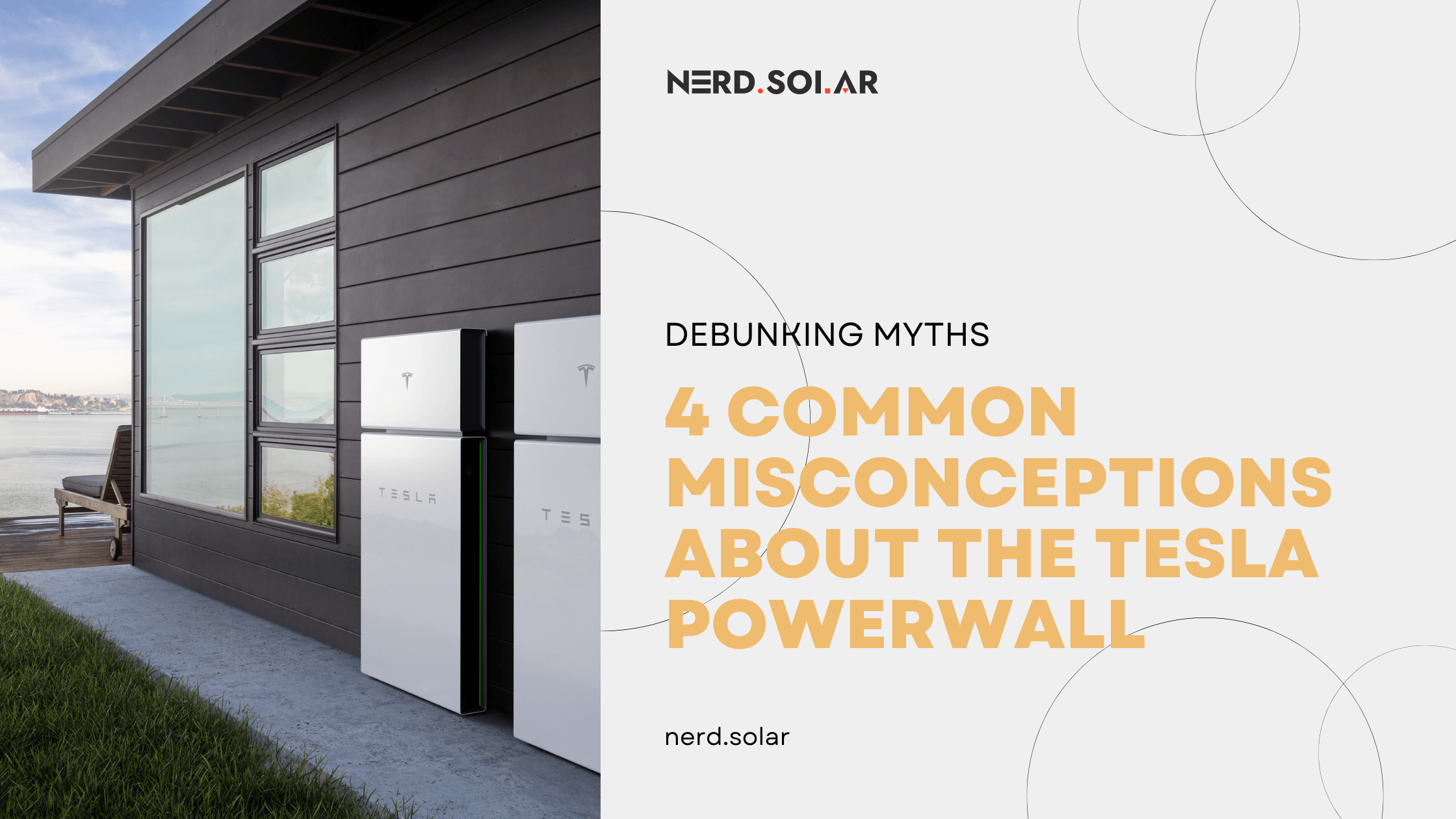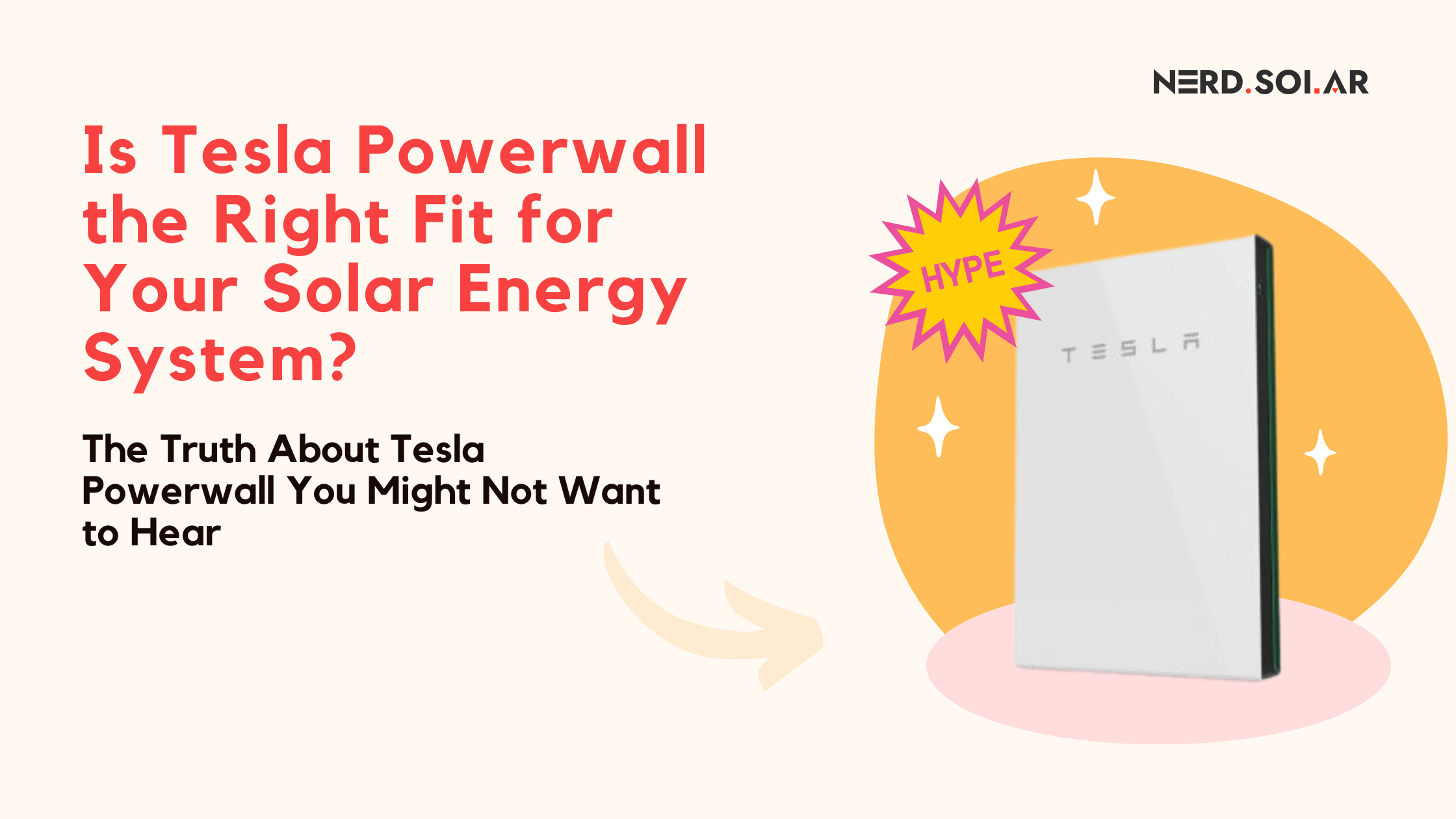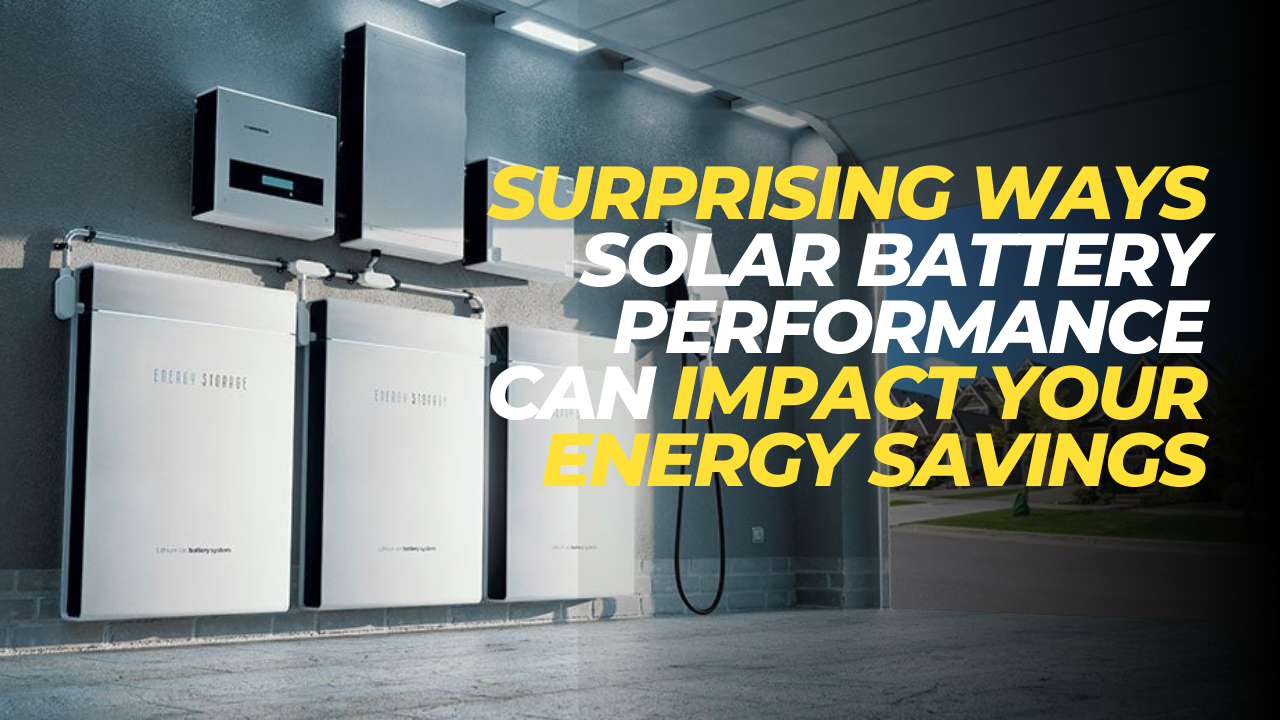How Do We Rate Solar Companies?
TL;DR: We rate solar installers from 1 to 5 stars to help you pick the best one. High stars mean they’re really good at what they do and treat their customers right. Low stars? Not so much. We give credit to companies that have been around for a while, know what they are doing, have a high standard of workmanship and equipment, don’t hire subcontractors to keep the bar of solar installation quality high and have good local reviews from real customers (yes, we check if the reviews are actually real or fake). Companies we choose as top-rated know and can help with federal and local solar incentives to help you save, have good financing plans, and guarantee their work. We’re here to point you to the solar companies that truly rock, making going solar easy and worthwhile for you.
Check our detailed review process here.
Quick Recap
- Is It Worth Going Solar in Oregon? Yes, solar panels are worth it in most cases in Oregon.
- How much does solar save homeowners in Oregon? The average homeowner saves $21,976 over the lifetime of their solar system.
- What is the average cost of going solar in Oregon? As of April 2024, the average solar panel system costs $2.87/W including installation in Oregon.
- Oregon Solar Incentives Oregon offers the Solar + Storage Rebate Program for solar electric systems and paired solar and storage systems for residential customers.
- Net Metering Policies in Oregon Oregon’s net metering law allows all utility customers to generate their own electricity and reduce their electricity bills.
- Are There Any Community Solar Programs in Oregon? Yes, the Oregon Community Solar Program offers discounted rates and other benefits for utility customers.
- How to pick the best solar installer in Oregon? Consider factors such as experience, reputation, customer reviews, warranty coverage, pricing, and the range of services.
- Will solar increase your home value in Oregon? Yes, solar panels will cause your property value to increase by around 4.1%, which comes out to an average bump in the value of approximately $19,841 in Oregon.
- What are the solar financing options available in Oregon? Oregon offers various solar incentives, tax credits, and rebates.
Is It Worth Going Solar in Oregon?
Yes, going solar in Oregon can be a worthwhile investment. Here are some key points to consider:
- Solar Installations: Oregon ranks 21st in the country for solar installations.
- Electricity Rate: The average electricity rate in Oregon is 13.12 cents per kilowatt-hour (kWh).
- Payback Period: The average solar payback period in Oregon is 13 years.
- Rebates and Tax Credits: Homeowners in Oregon are eligible for the Oregon Solar + Storage Rebate Program and the federal solar investment tax credit (ITC).
- Savings: The average homeowner in Oregon saves $21,976 over the lifetime of their solar system.
- Solar Incentives: The state offers great solar incentives, including a tax credit and a solar rebate.
However, it’s important to note that while solar panels can be a great investment for most Oregonians, they aren’t guaranteed to save every homeowner money. Factors such as the location and orientation of your home, the amount of sunlight your property receives, and the size and cost of the solar system can all impact the cost-effectiveness of going solar.
Therefore, it’s recommended to get a personalized quote from a solar installer to determine if solar is a good fit for your specific situation. You can also take advantage of local solar incentives and federal tax credit programs to significantly reduce the cost of purchasing a solar panel system3.
How much does solar save homeowners in Oregon?
Solar savings for homeowners in Oregon can be quite significant. Here’s a detailed breakdown:
- Solar Savings: An average Oregon household that consumes 900 kWh per month, with a solar panel system producing 560 kWh, could save approximately $80 per month on their electricity bill. A larger household using 1200 kWh monthly, with an 800 kWh solar production, could save roughly $110 per month.
- Payback Period: The average solar payback period in Oregon is around 12.17 years. This means that the cost of your solar panel system will be completely offset by your electricity bill savings in about 12 years.
- Comparison with Traditional Electric Bills: Traditional electricity bills are ongoing expenses that accumulate month after month. These bills can fluctuate due to changes in energy prices and your consumption habits. Over time, the cost of traditional electricity can add up significantly, potentially exceeding the initial installation cost of a solar system.
- Bills After Solar Installation: After installing solar panels, you’ll still have an electric bill. However, the balance due on your monthly bills will be much lower – or even negative – because your solar production replaces and offsets the cost of buying grid electricity from your utility.
- Cost of Solar Installation: As of April 2024, the average solar panel cost in Oregon is $2.87/W. If you install a 5 kW system it will cost you between $12,191 to $16,493, with an average cost of $14,342.
- 20-Year Savings: If you pay for your system with cash, you’ll save about $17,145 over 20 years on electricity costs with a 5 kW system in Oregon.
*Please note that these are average values and the actual savings can vary depending on the specific circumstances of the homeowner, including the size of the solar system installed, the amount of sunlight the home receives, and the current cost of electricity from the grid. It’s always a good idea to get a personalized quote from a solar installer to understand the exact savings potential.
What is the average cost of going solar in Oregon?
The average cost of going solar in Oregon can vary depending on the size of the solar system you choose. As of April 2024, the average solar panel cost in Oregon is $2.87 per watt.
Here’s a breakdown of the costs for common system sizes:
- A 3 kW solar system could cost between $7,314 and $9,896, with an average cost of $8,605.
- A 5 kW solar system could cost between $12,191 and $16,493, with an average cost of $14,342.
- A 10 kW solar system could cost between $24,382 and $32,986, with an average cost of $28,684.
These costs are before any incentives or rebates, such as the federal solar investment tax credit (ITC) or the Oregon Solar + Storage Rebate Program. These programs can significantly reduce the upfront cost of your solar system.
*Keep in mind that these are average figures and the actual cost can vary depending on several factors such as the specific solar panels you choose, the installation company, and the complexity of your roof.
Oregon Solar Incentives
Here’s an overview of the federal and local solar incentives available in Oregon:
Federal Solar Incentives:
- Federal Solar Tax Credit (ITC): This is a tax credit that can be claimed on federal income taxes for a percentage of the cost of a solar photovoltaic (PV) system. The federal residential solar energy credit was extended in August 2022, raising it to 30% for installations between 2022-2032. It will decrease to 26% for systems installed in 2033 and to 22% for systems installed in 2034. The tax credit expires starting in 2035 unless Congress renews it.
Oregon Solar Incentives:
- Oregon Solar + Storage Rebate Program: This program issues rebates for solar electric systems and paired solar and storage systems for residential customers and low-income service providers in Oregon. The rebates are issued to approved contractors, who pass the savings on to their customers.
- Homeowners: Oregon homeowners can receive a rebate of up to $5,000 for a solar electric system and up to $2,500 for an energy storage system3. The rebate amount varies based on income level and eligibility for an electric utility incentive.
- Low- or Moderate-Income Homeowners: If your household is considered low- or moderate-income, you could receive a rebate worth up to 60 percent of the cost of your system.
- Low-Income Service Providers: Oregon-based organizations that provide services to Oregonians with low- and moderate-incomes can receive a rebate of up to $30,000 for a solar electric system and up to $15,000 for an energy storage system.
These incentives can significantly reduce the cost of going solar in Oregon. However, it’s always a good idea to consult with a solar installer or a tax professional to understand how these incentives apply to your specific situation.
Net Metering Policies in Oregon
Net metering is a billing mechanism that credits solar energy system owners for the electricity they add to the grid. Here’s how it works in Oregon:
- What is Net Metering?: Net metering is a system that allows you to use solar panels or other renewable sources, feed excess energy back into the grid, and earn credits on your electricity bill. On sunny days when your solar panels generate more energy than your home needs, the surplus electricity goes back into the grid1. Your electric meter not only measures what you consume but also records what you contribute, earning you credits. These credits then offset the electricity you draw from the grid on cloudy days or during the night.
- Oregon’s Net Metering Law: Oregon’s net metering law allows all utility customers to generate their own electricity and reduce their electricity bills2. If you install a solar electric system, your utility will come to your site and switch out your existing utility meter for a bidirectional “net” meter (there is no charge for the new meter). This meter keeps track of the power you acquire from the utility and what you supply to the grid. Each month, the power you use from your utility is offset by the power you send to the utility. You are only charged for the difference or the “net.”
- Benefits of Net Metering: If you generate more power than you use in a given month, your electric bill will have no kilowatt-hour charges, and you will only have to pay the basic utility service charges — typically about $12 per month. The surplus energy will generate kilowatt-hour credits that will be applied to your future electric bills. Unused credits will accumulate in your Portland General Electric or Pacific Power account. This means credits accumulated during sunny summer months can be applied to charges during Oregon’s cloudy winter months.
- How the Numbers Add Up: Let’s say your solar panels provide 200-kWh of energy in a particular month. Here are three scenarios showing how energy is measured at the net meter:
- Energy consumed in a month: 200 kWh -> Net meter reading: 0 kWh usage from your utility
- Energy consumed in a month: 100 kWh -> Net meter reading: -100 kWh (a credit to your account)
- Energy consumed in a month: 500 kWh -> Net meter reading: 300 kWh usage from your utility
In essence, net metering in Oregon is a game-changer for those looking to reduce their environmental impact and save money on electricity bills. With a supportive policy framework, ample sunlight, and potential economic benefits, it’s a win-win for residents and the planet.
Are There Any Community Solar Programs in Oregon?
Yes, there are solar community programs available in Oregon. One of the main ones is the Oregon Community Solar Program. Here’s how it works and how you can take advantage of it:
- What is Community Solar?: Community solar is solar energy generated from a central location and shared by multiple subscribers1. That means you don’t need your own rooftop panels to get the benefits of solar.
- How to Participate: If you’re a customer of Portland General Electric, Pacific Power, or Idaho Power, you can subscribe to a community solar project and receive credits back on your utility bill. Most customers are eligible, including renters, businesses, and nonprofits.
- Finding a Project: You can browse all approved community solar projects on the Oregon Community Solar Program’s website. Click on a project’s name to see more details about it, including pricing options and subscription terms. To begin the subscription process, contact the Project Manager or the project’s Subscription Manager.
- Benefits for Low-Income Customers: The Oregon Community Solar Program offers discounted rates and other benefits for utility customers with low incomes1. You can check their website to find out if you qualify.
*Remember, your energy savings and monthly fees and credits will vary based on the project you choose. It’s recommended to talk to a subscription manager for a more detailed custom estimate. This program makes it easy for customers to access the benefits of solar power, regardless of whether they have a sunny roof or not.





